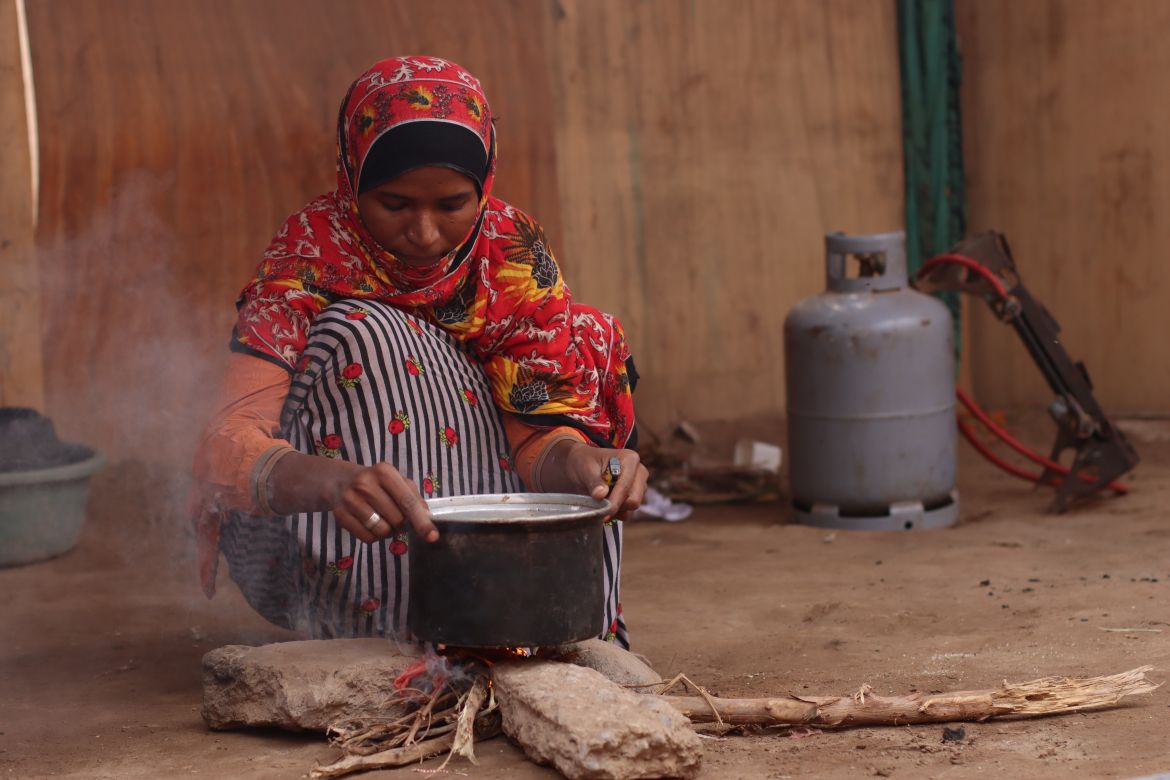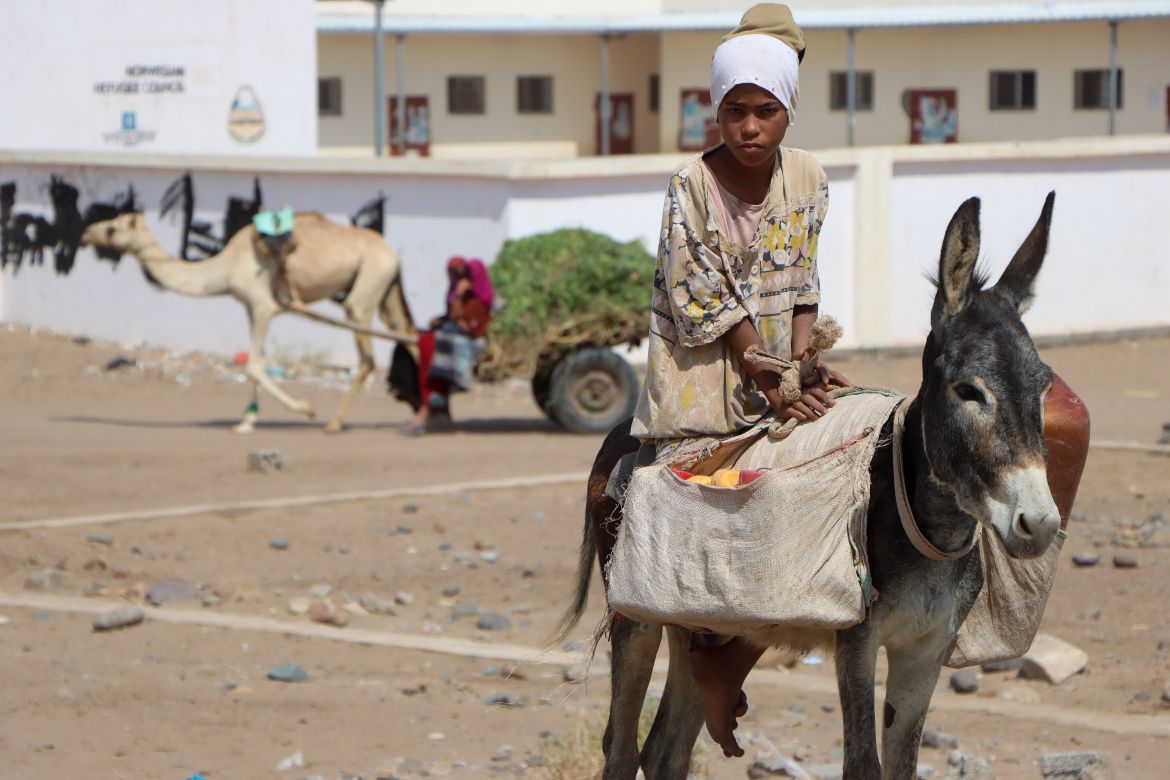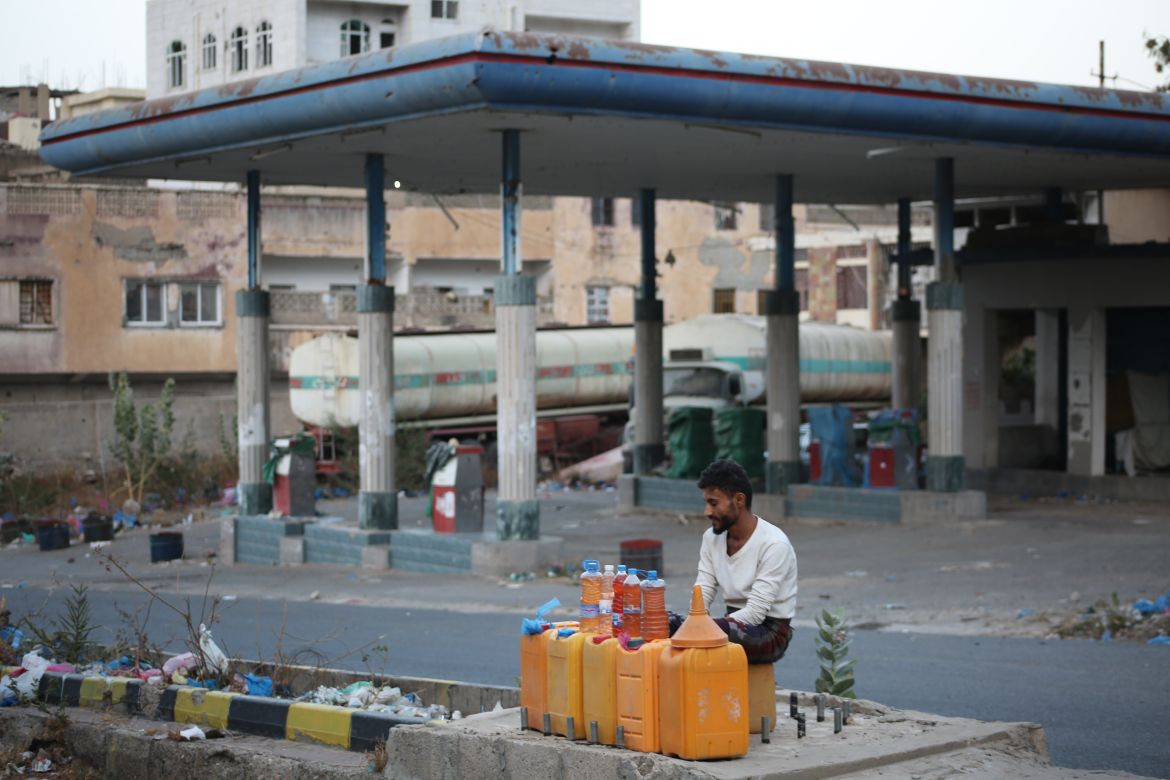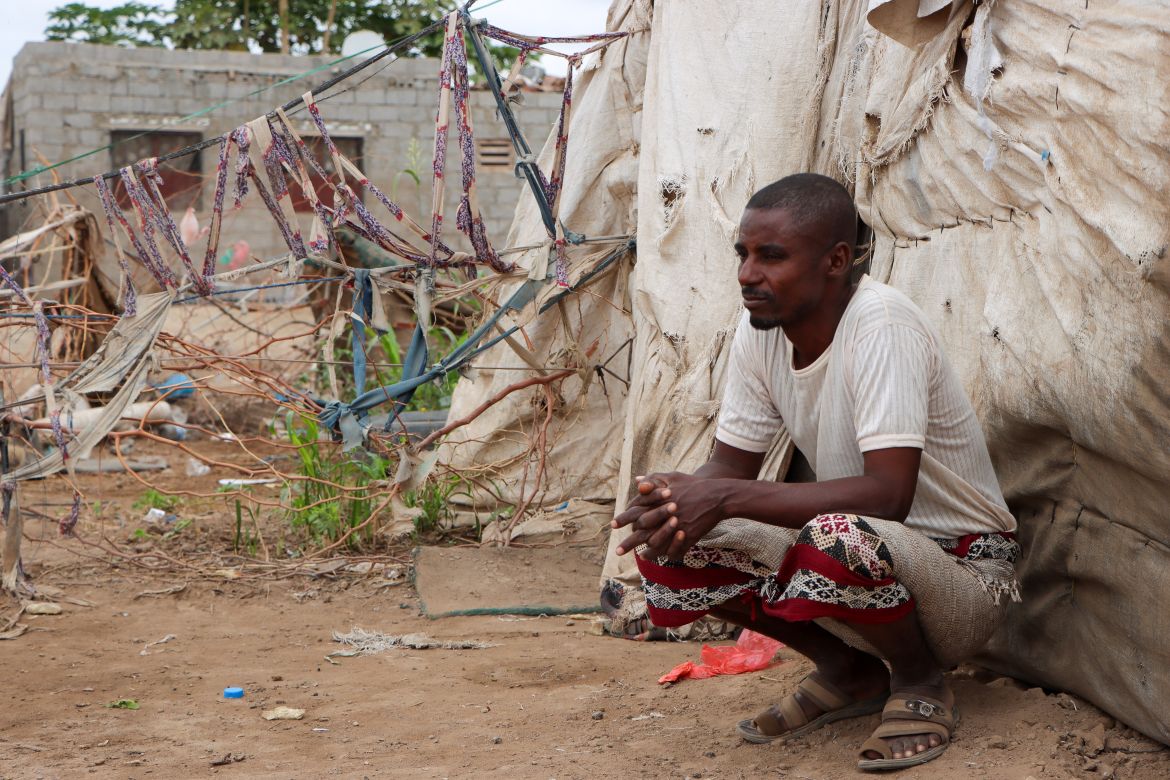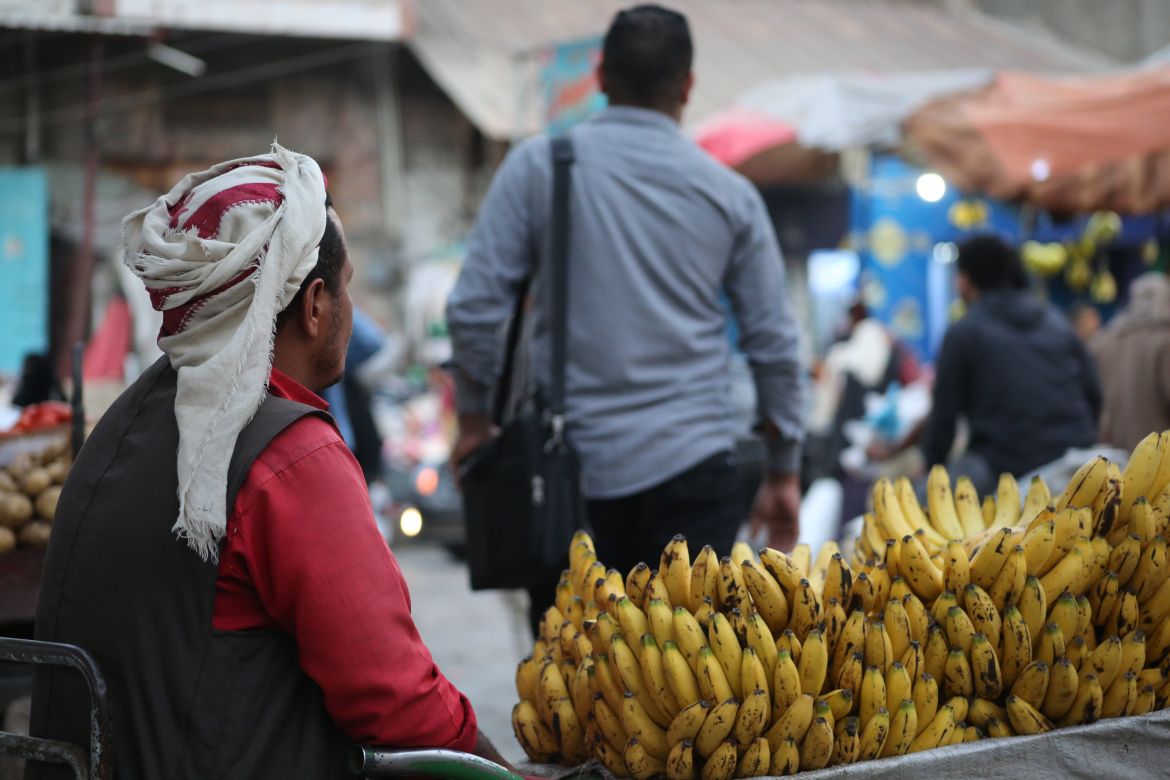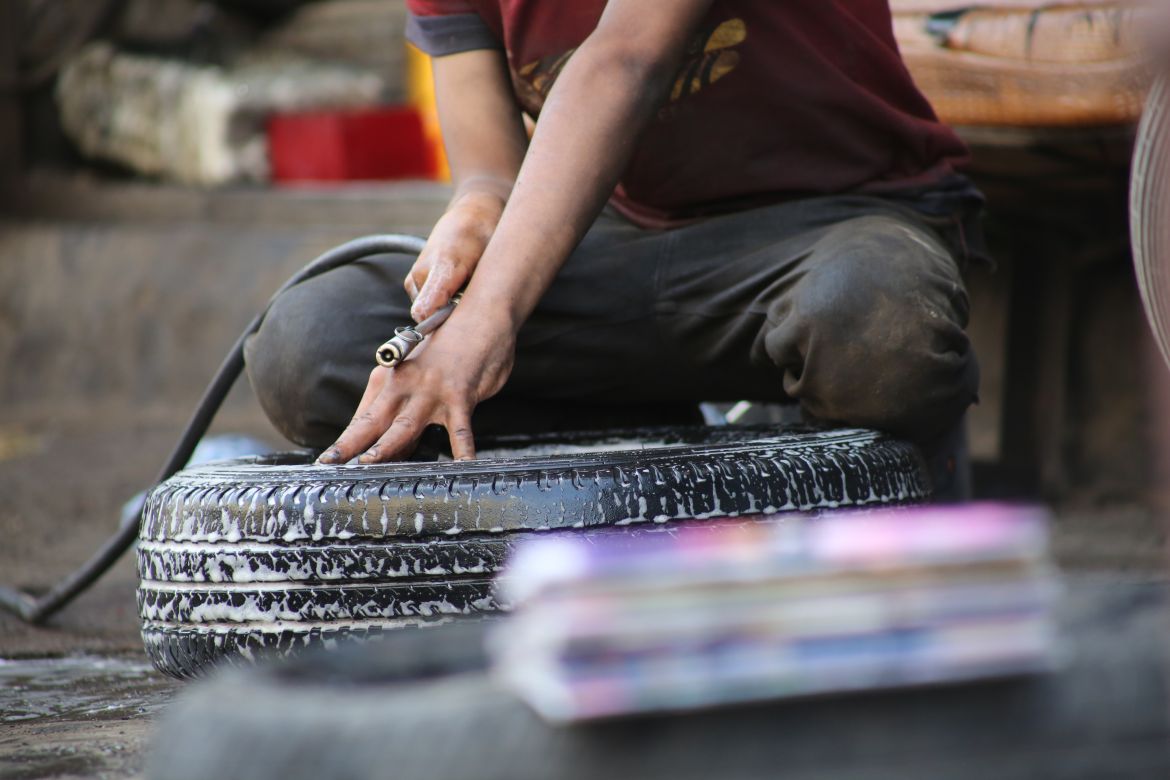In Pictures
Photos: 7 years of Yemen war, 7 things that changed for 7 people
With unstoppable inflation and civilian casualties on the rise, the war in Yemen will enter its eighth year on March 26.

The ruinous war in Yemen will enter its eighth year this week.
A military coalition led by Saudi Arabia intervened in late March 2015 to support Yemen’s government against the Houthi rebels, who had seized the country’s populous central and northern highlands, including the capital, Sanaa.
Since then, tens of thousands of people have been killed and about four million displaced, while two-thirds of the nearly 30 million population still depend on humanitarian assistance to survive.
The beginning of 2022 was marked by a sharp escalation in the conflict. January alone saw more civilian casualties than all of 2021, with almost one person being killed or wounded every hour.
In addition to the daily fights on front lines, air raids and cross-border attacks, the conflict is also fought economically.
The different parties try to control commodities, natural resources, trade flows, taxes and fuel revenues and the impact disproportionally affects civilians. As a result, the Yemeni currency in the south dropped to an unprecedented low at the end of last year, creating a domino effect on people’s lives when they were already facing steep inflation and rising fuel prices.
People earn the same money, but they have to pay for more basic things. But this is just one of the many things that have changed in the daily life of Yemenis since the war began. Here are seven things that changed for seven people in the last seven years.
Some names* have been changed to protect their identity.
This photo essay is provided by the Norwegian Refugee Council
